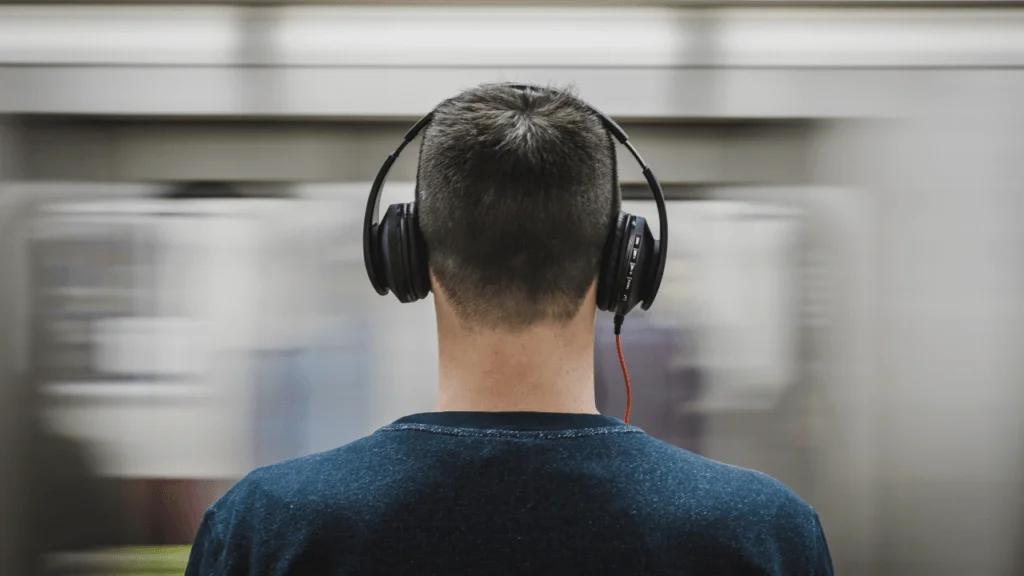The new research revealed broader insights about how generative AI technologies are impacting areas like accessibility and inclusion.
The study showed that the technology is helping organizations do more than meet accessibility requirements — it’s transforming how people with disabilities and neurodivergent traits experience work and helping create more inclusive environments where everyone can thrive.
“There are a lot of people whose disability can keep them in the shadows, and there is a risk that they continue to be behind the scenes. But once they have the ability to use AI assistance, they may start shining. There’s a lot of great talent out there. This is about inclusiveness.”
As Brian Kessler, Associate Director at Merck, noted in the study: “There are a lot of people whose disability can keep them in the shadows, and there is a risk that they continue to be behind the scenes. But once they have the ability to use AI assistance, they may start shining. There’s a lot of great talent out there. This is about inclusiveness.”
AI-Powered Accessibility Tools
The study, which surveyed over 300 employees across 17 organizations worldwide, found that AI-powered accessibility tools are having a significant impact on workplace experiences. While the research focused on Microsoft’s Copilot, its findings highlight the potential of generative AI. YuJa’s platforms are already leveraging gen-AI features like enhanced audio descriptions, automated video chaptering, language dubbing, and AI Assistants to help remove traditional barriers to accessibility.
Consider these compelling findings from the research:
- 85% of users said AI technology can create a more inclusive workplace
- 80% felt that AI tools enabled them to better leverage their strengths
- 91% viewed AI-powered accessibility features as helpful assistive technology
The output from the report suggests that gen-AI can improve day-to-day working experiences in a variety of ways:
Removing Communication Barriers: AI-powered audio enhancement and transcription services allow employees with hearing impairments to fully participate in meetings and video content. As one study participant noted, “As I am hard of hearing, transcripts allow me to go back and check what I think I heard in meetings. This is such a big help to me.”
Enhancing Focus and Productivity: Neurodivergent and disabled employees reported that AI tools help organize and structure information, making it easier for them to process content at their own pace. The study found that 87% of employees reported reduced mental energy demands when using AI assistance for daily tasks. The same percentage said they feel more productive at work.
Building Confidence: Generative AI technologies are helping employees feel more confident in their abilities. The research showed that 76% of users reported that AI assistance helped them thrive more at work.
Looking Ahead
Looking ahead, the implications of AI-powered accessibility tools become even more significant. The study points out that younger generations are more diverse, with an estimated 53% of Gen Z identifying as neurodivergent. This makes the role of inclusive technology increasingly important in the workplace.
To truly leverage AI for workplace inclusion, organizations need to:
- Think beyond basic compliance and consider how AI can enhance the overall employee experience
- Provide comprehensive training and support for AI-powered accessibility tools
- Create a culture that embraces these technologies as part of everyday work life
This blog draws insights from EY’s 2024 study on Microsoft 365 Copilot’s impact on workplace accessibility and inclusion. View the full study.









